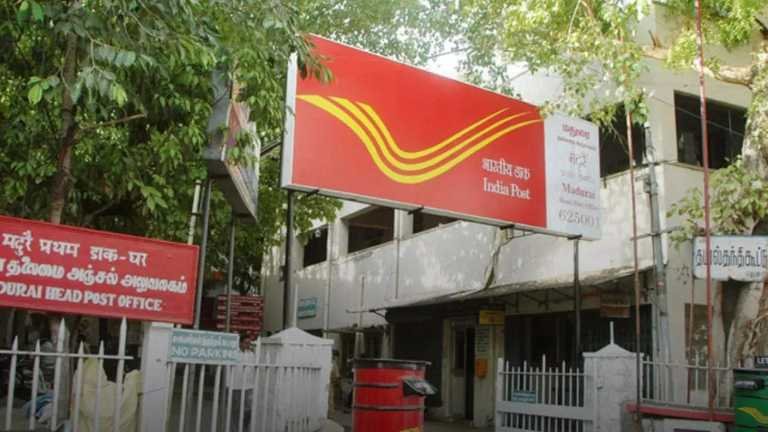Post Office Savings Schemes: If you have invested in post office or any other savings scheme for tax-saving, this information is crucial. It’s important to note that not all investments made in the post office provide tax benefits. While these government-launched investment schemes offer good returns, there is no tax benefit under Section 80C of the Income Tax Act, 1961. Let’s delve into the details of such schemes:
- Mahila Samman Savings Scheme: The Government of India introduced the Mahila Samman Savings Scheme 2023 to promote saving habits among Indian women. There is no age limit to avail the scheme, but residency in India is required. The interest earned is taxable, and no deduction, such as in tax-saving FDs, is available.
- National Savings Time Deposit Account: This post office account allows you to open a time deposit for one, two, three, or five years, with the option to extend the period. Tax exemption is available on a five-year time deposit of up to Rs. 1.5 lakh under the Income Tax Act 1961. However, this exemption is not applicable for lower investments.
- National Savings Recurring Deposit Account: This guaranteed scheme provides 6.7% interest on an annual basis for five years, with the added benefit of compound interest. The account can be opened individually or jointly, allowing deposits of at least Rs. 100 or its multiples every month. There is no deposit limit.
- Kisan Vikas Patra: Kisan Vikas Patra does not offer income tax exemption. The annual interest on the deposited amount is taxed as ‘income from other sources.’ Despite not being tax-exempt, it is considered a secure investment option. No TDS is deducted on the matured amount.
- Post Office Monthly Income Scheme: This scheme allows investment from Rs. 1,500 to a maximum of Rs. 9 lakhs (up to Rs. 15 lakhs in a joint account) with an annual interest rate of 7.4%. While it is a taxable investment and doesn’t fall under Section 80C, TDS is deducted on interest exceeding Rs. 40,000, with a cap of Rs. 50,000 for senior citizens.







